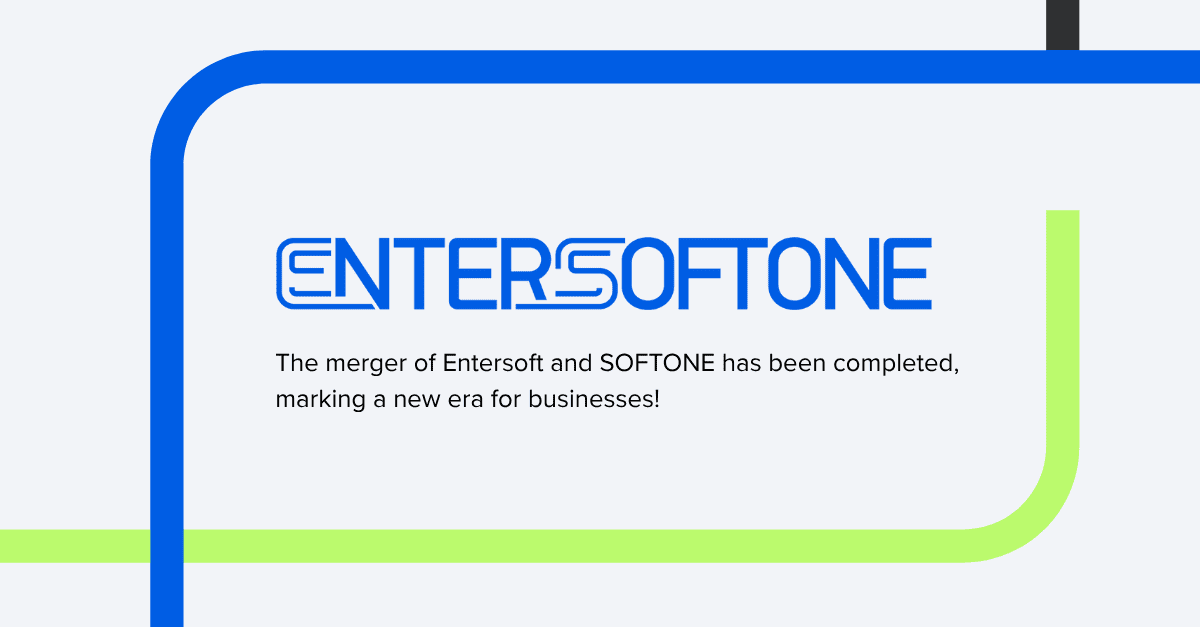Share
Read also

Trends & Views
Digital Transformation Strategies for Success

Business Software
CRM for Small Businesses and Seamless Integration

News & Events
ENTERSOFTONE: The merger of Entersoft and SOFTONE has been completed, creating the largest provider of business software products and services in Greece and Southeast Europe.

Mobility
Outlook for the BYOD and EM market from 2025 to 2035
In-house development of ERP applications is far from a rare phenomenon, especially considering that some well-known solutions that are now available in the market actually started out this way: as a number of smaller applications addressing the needs of different business units that the IT department compiled into a functional system. Ultimately, once comprehensive and standardized ERP solutions hit the market, the heroic efforts of IT experts were no longer needed and their role changed drastically.
Nevertheless, there are still businesses that insist on developing and maintaining their own ERP solution, so that they can customize it based on their specific needs and requirements. Do you honestly think this is the best approach though? If so, perhaps it is time to reconsider!
First of all, every business has to primarily focus on its operations; not the lights, not the elevators, and not its ERP application. And although lights and elevators may come “cheap”, developing an ERP application in-house translates into significant investment in time and money that quite often does not have the desired results as important factors, such as application interoperability, data collection from various sources, information screening, real-time access to data, etc., tend to be neglected.
Furthermore, if you decide to develop your own ERP system, then you must allocate resources for support purposes. The people that will develop your system may not always be available, while at the same time the constant changes in legislation, tax regulations etc. require continuous updates that can be quite extensive. So, can you really afford it? Almost certainly, not! The bottom line is that maintenance will prove to be extremely expensive and – even more importantly – time consuming!
Finally, if you insist on developing your own solution, you may end up having a truly unique ERP system. But is this actually a good thing? Given that you’ll have to depend on specific persons (and not a well-organized partner) and you won’t be able to take advantage of the market’s established best practices, the answer becomes obvious… And, of course, this is without considering other important aspects such as user interface know-how, modifications for web and mobile environments and so on.
After all, it’s horses for courses!







